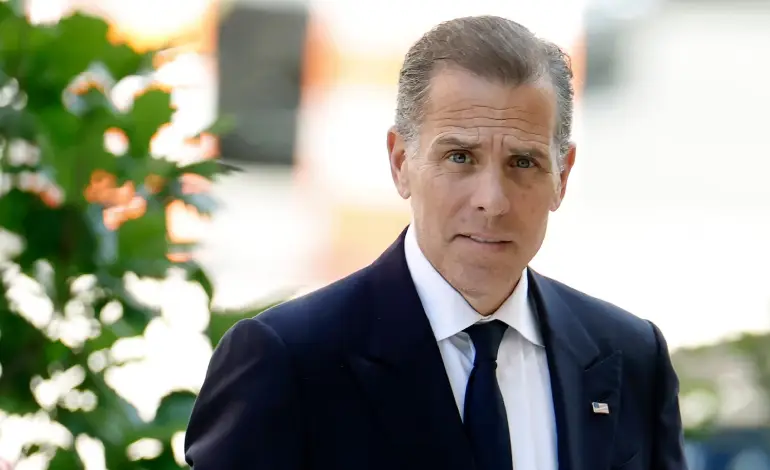In a significant turn of events, Special Counsel David Weiss has defended his investigation into Hunter Biden, pushing back against President Joe Biden’s claims that his son was unfairly targeted. This development has ignited widespread debate, shedding light on the intersection of legal scrutiny and political influence in high-profile cases.
Background of the Case
Hunter Biden, the son of President Joe Biden, faced legal challenges centered around charges related to firearms and taxes. The investigation, spearheaded by David Weiss, resulted in Hunter being convicted of three felony charges tied to a firearm purchase in 2018. Additionally, he pleaded guilty to nine tax-related offenses in 2024.
The investigation delved deeply into Hunter Biden’s personal and financial activities, revealing connections to his past struggles with substance dependency. These revelations and subsequent charges made the case a focal point of public and political discourse, given its implications for the Biden family.
President Biden’s Claims of Unfair Treatment
President Joe Biden has not held back in voicing his concerns about the investigation into his son. He has described the proceedings as a “miscarriage of justice” and alleged that Hunter was subjected to “selective prosecution” because of his status as the President’s son.
The President’s remarks extended to his unprecedented decision to pardon Hunter Biden, a move that intensified the public and political backlash. Critics argued that the pardon was an attempt to shield his son from the consequences of the law, while supporters viewed it as a father’s response to what he perceived as an unfair legal battle.
David Weiss’s Firm Defense of the Investigation
In response, David Weiss delivered a robust defense of the investigation, firmly denying claims of political bias or selective treatment. In his final report, Weiss underscored that the charges brought against Hunter Biden were based purely on evidence and were devoid of any partisan influence.
Weiss criticized President Biden’s use of the pardon to question the Justice Department’s integrity. He emphasized that no president in U.S. history had previously used a pardon as a tool to challenge the credibility of public servants or undermine the judicial process.
According to Weiss, the prosecution of Hunter Biden demonstrated the principle of equal justice under the law, reinforcing the notion that no individual, regardless of their last name or connections, is above the law.
A Clash Between Politics and Justice
The disagreement between President Biden’s claims and David Weiss’s defense highlights a deeper conflict between political narratives and the judicial process. On one side, the President’s accusations suggest a perception of bias in the legal system. On the other, Weiss’s statements reaffirm the importance of maintaining impartiality and upholding the rule of law.
This clash has further polarized public opinion, with some viewing the case as a politically motivated attack and others as a necessary exercise of justice in a democratic system.
Conclusion: Upholding the Integrity of the Judicial System
The Hunter Biden case has become emblematic of the challenges faced by legal institutions when navigating high-profile investigations involving influential figures. The tension between President Biden’s allegations and David Weiss’s defense underscores the delicate balance between politics and justice.
As this case continues to unfold, it serves as a stark reminder of the importance of preserving the integrity of the judicial system, ensuring that it remains free from undue political influence. Regardless of public opinion, the case highlights the enduring need for fairness, transparency, and accountability in the pursuit of justice.










